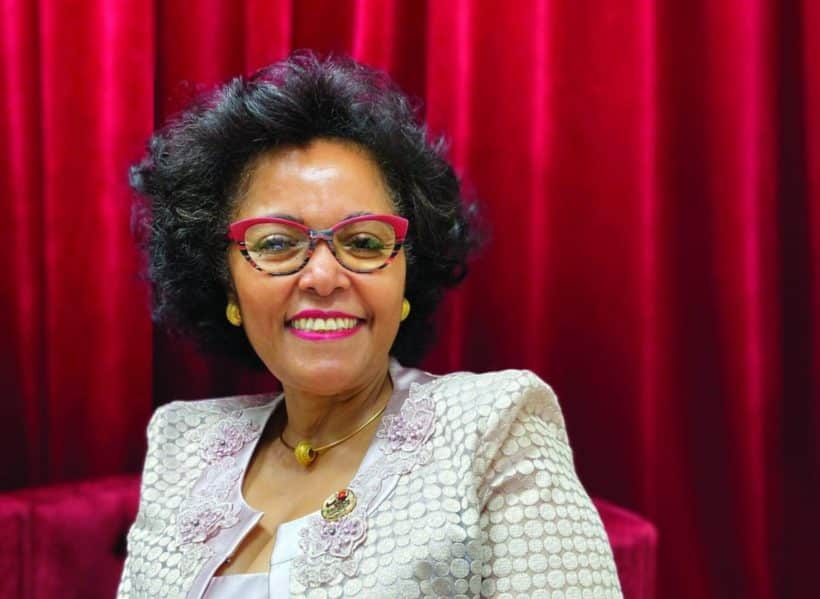
A well-known Ethiopian proverb claims that “regret, like a tail, comes at the end”. It succinctly states what I believe to be a universal truth and a reflection of what we, as Africans, tend to look at the grim situation enveloping the world today. It’s true that the current developments in the global community have forced global leaders to focus their efforts inwards and away from the African continent. However, that is not cause for regret, quite the contrary: it’s an opportunity for Africa to stand on its own two legs.
Anyone following the discussions at this year’s World Economic Forum is likely to encounter a new, unpleasant-sounding word: Polycrisis. The term gained popularity last year to describe recent historical events which were until then, treated separately – The Covid-19 pandemic, the Russian war in Ukraine, a general downturn in global stability with widespread financial trouble, and the ever-present climate emergency…
Regardless of what you choose to call it, the current global situation presents us with a multifaceted challenge for which no conventional wisdom exists. During the global financial crisis of 2008, many countries around the world passed austerity measures, tightened the fiscal belt and waited for the downturn to pass. But in our current climate no such predictions can be made, as the compounded effects of health, security, financial and climate crises are simply too complex to fit any previous model.
A proactive, rather than a reactive approach is therefore needed to deal with this challenge, particularly seeing how some of its components are likely to get worse if left unchecked. This is particularly true in Africa, where the 2020s brought a serious wobble to decades of sustained financial and security gains. Rather than waiting for the situation to improve, African leaders must come together and begin shaping the future of the continent.
The upcoming 2nd Dakar Financing Summit for Africa’s Infrastructure Development set to take place in Senegal will provide us with such an opportunity. Back in 2014, the inaugural edition saw several key breakthroughs concerning the implementation of the PIDA Priority Action Plan, including fast tracking and financing 16 mega regional infrastructure projects.
With a new Priority Action Plan agreed upon in 2021 by the African Union and major partners like the African Development Bank and the UN’s Economic Commission for Africa, expectations are high for this year’s Dakar Forum. The Forum seeks to bring together infrastructure stakeholders from all over Africa to strengthen political support from state actors and financial commitments from development institutions and private investors for regional infrastructure projects.
One cannot overstate the crucial role played by infrastructure in the future development of Africa. Rather than seeing the so-called polycrisis as an obstacle, we should treat it as a reminder of the importance and urgency of developing our continent. The fragility of modern supply chains was laid bare last year when the war in Ukraine sent shockwaves of food shortages and spiralling prices across the world. There has never been a better moment for Africa to step up its agricultural production and amplify its exports, but once again, outdated, or non-existent infrastructure is holding us back.
The efficient transport of goods, people, services, and ideas is fundamental to any economy, and progress in any number of fields will remain stunted while these basic requirements are not met. Experts reckon that Africa needs to invest about USD 100bn a year in infrastructure if it is to fulfil its economic potential and realize the ambitious African Continental Free Trade Area (AfCFTA). Let’s mobilise our own financing and show that these projects are indeed bankable.
Global relations are based on reciprocity and a lopsided power dynamic will always lead to unequal terms. Africa must rise on its own if it expects to be treated like an equal. The last few decades saw amazing transformations in some parts of Africa, while others still lag behind. An organised push for regional infrastructure could level those differences by opening the continent and allowing development to spread in a more equitable manner.
While the world is going through troubled times, there is no need to give up and let either fate or chance have its way. Instead, Africans should heed the call of this polycrisis and work together towards our common goals, regardless of what history throws in our direction. And the road which will take our continent towards its bright future starts with building the road itself.

